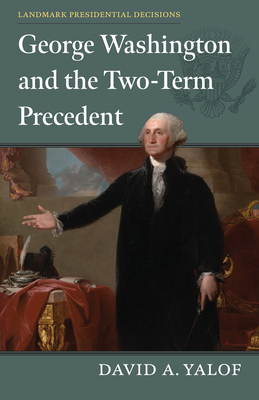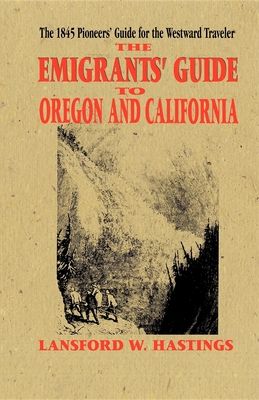
While often portrayed simply as a noble decision by Washington to restrain the power of the executive office, Washington's decision was in fact motivated by self-interest and a desire to cement a legacy of honor and integrity. Yalof shows that he was never motivated by the desire to reign in the executive with an unwritten two-term limit. If anything, Washington hoped to strengthen the executive branch by demonstrating that the institution of the presidency could be trusted with the power and independence than it had so far received. His voluntary relinquishment of the presidency after two terms in office achieved these goals.
Yalof focuses on the two-term precedent and how it came into being not by legal prescription but by the tacit influence of Washington's refusal to run for a third term and what it suggests about American conceptions of executive power. George Washington and the Two-Term Precedent offers a sober reminder that the country's most famous and original hero chose to walk away from power, and it was that decision that cemented his greatness in American history.







